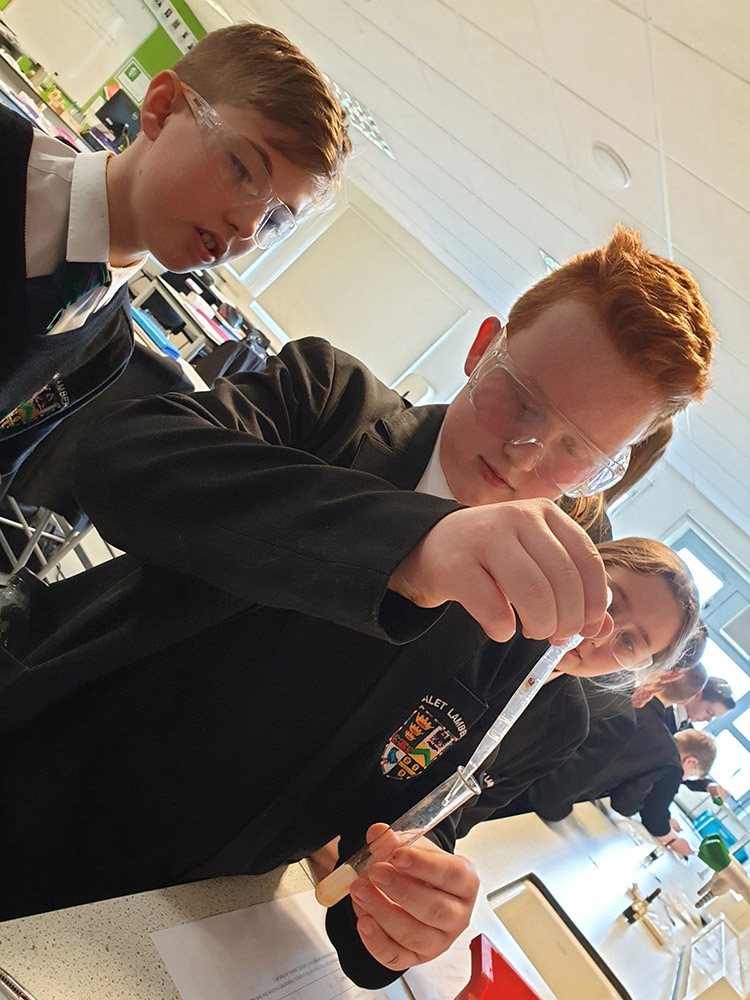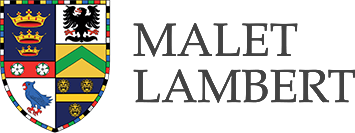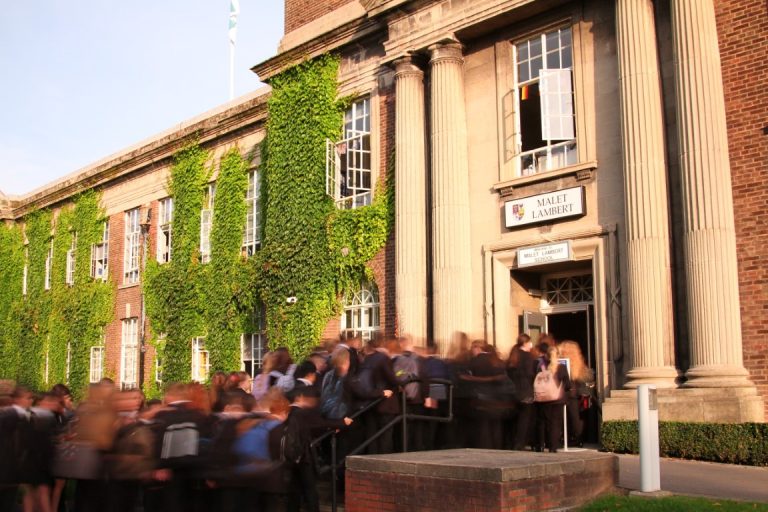The Science department is made up of staff who are specialists in each of the three disciplines; biology, chemistry and physics. We aim to use our subject knowledge and enthusiasm for science to support pupils in gaining the knowledge and skills required to understand a range of scientific concepts and build an appreciation for how these help us understand the world around us.
The science department is located in The Dearing Centre towards the rear of the school. It comprises 9 dedicated laboratories, with 3 further classrooms access to ICT suites and 2 prep rooms.
Facilities
Each classroom has interactive whiteboards as well as visualisers which support teacher explanations and modelling . Our rooms are equipped with standard laboratory equipment such as gas taps, sinks, power packs and glassware to support practical investigation.
In addition we have an array of specialised equipment which we can use to further support practical work and aid pupil understanding. We also have access to Chromebooks to support independent learning.
Courses
To KS3 pupils we deliver a curriculum specifically designed to best prepare pupils to gain the foundation knowledge required to understand key scientific processes as well as develop an appreciation for the way science impacts the world around us. Our curriculum is specifically designed to support pupils gaining the knowledge required to best prepare them for their further study in KS4 and beyond. Our KS3 curriculum ensures we include all aspects of the KS3 Science National Curriculum.
At KS4, we deliver both the GCSE Combined Trilogy and the GCSE Separate Science (GCSE Biology, GCSE Chemistry and GCSE Physics).
Pupils will begin studying some elements of the GCSE Combined Trilogy in Year 9. Pupils will have the choice of selecting to do GCSE Separate Sciences through the guided choices process in the spring term.
Pupils who do not select to do the GCSE Separate Sciences will continue with GCSE Combined Science and achieve 2 GCSE grades in this subject at the end of Year 11.
Pupils who do select to do the GCSE Separate Sciences will study additional content and achieve 3 GCSE grades (one grade in GCSE Biology, GCSE Chemistry and GCSE Physics) at the end of year 11.
Pupils in either pathway will study elements of all three science disciplines which will be assessed through examination at the end of Year 11. There is no coursework element of either course. Pupils can sit either a higher or foundation paper in both courses.

Extra Curricular
Throughout the year various extra-curricular sessions are held including lunchtime and afterschool clubs for revision for GCSE examinations and homework help.
At Key stage 3 we use extra-curricular activities to access numerous STEM (science, technology, engineering and maths) opportunities. This has included entering robotics competitions and visits to various large scale events such as The Big Bang Fair and TeenTech.In addition, a team of pupils compete at The Royal Society of Chemistry – Top of The Bench competitional each year.

